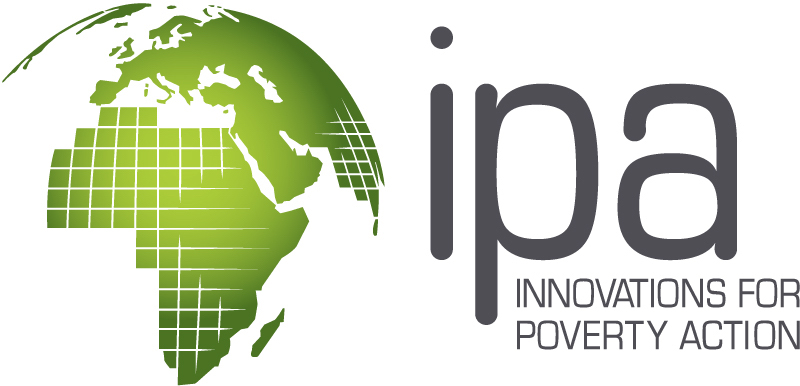|
RECOVR Roundup Newsletter
Social Protection in the Time of COVID-19
|
Welcome to the 24th edition of our RECOVR Roundup! For those of you who are new to IPA's mailing list, the RECOVR Roundup is a newsletter where we share new findings and analysis from the RECOVR Research Hub and from our partner organizations—as well as links on what is happening in the Social Protection landscape in response to COVID-19.
As always, we encourage you to write to our team with ideas for features.
|
|
 New Findings & Analysis New Findings & Analysis
|
Kenya: Maternal and newborn health during the pandemic
Women reported that adequate antenatal, maternal, and postpartum care were difficult to access
With healthcare resources concentrated on COVID-19 prevention and treatment, many other healthcare services have been disrupted. A new study by May Sudhinaraset seeks to provide information on the experiences of pregnant and post-partum women in Kenya. Initial surveys of 1,135 women who gave birth during the pandemic reveal that one in 2 women (52 percent) reported that COVID-19 negatively impacted their ability to receive antenatal care. The most
reported impacts included those related to a fear of contracting COVID-19 if going into the community or to a health facility, an inability to afford care or transportation to the health facility, and facility factors related to COVID-19. Data from the survey is being shared with the Ministry of Health to inform public service delivery to pregnant and postpartum women. |
|
|
 What We're Reading & Watching What We're Reading & Watching
|
- Sudan has launched an ambitious new basic income program, which will provide US$5 monthly transfers to up to 80 percent of the country’s population over a six-month period. The World Bank-supported program, called Thamarat (fruits) or the Sudan Family Support Programme, may be extended to a full year if further funding is received.
- New research from Colombia suggests that cash transfers provided to families with small children have beneficial long-run effects. A study of the Familias en Acción conditional cash transfer program finds that people whose families received the transfers when they were children experienced improved social outcomes as adults, including higher rates of high school graduation, fewer arrests, and increased university enrollment.
- In Jordan, researchers have found that the use of mobile money increased dramatically during the COVID-19 pandemic, but that refugees had very uneven access to these “m-wallets,” limiting the wallets’ utility for humanitarian cash transfers. In particular, Syrian refugees in Jordan are eligible for a special government ID program, which allows them to open an m-wallet. However, refugees from other places such as Palestine are not eligible for the IDs and are thus cut off from digital finance due to strict “know your customer” (KYC) requirements.
- How can social protection foster financial inclusion or improve livelihoods among cash transfer recipients? The Food Security & Nutrition Network has written a series of four blog posts highlighting lessons learned from “cash plus” programs in Bangladesh, Ethiopia, and Uganda. These programs integrate savings, entrepreneurship training, and the transfer of productive assets in order to enhance the productive impacts of cash transfers. Don't miss the key points about the importance of participatory targeting and including men in programs designed to shift gender norms. (Posts one, two, three, and four)
- The COVID-19 pandemic has prompted many governments to adopt innovative digital registration methods for social protection programs to enroll beneficiaries more efficiently. However, this article in Project Syndicate highlights the risks of digital registration, as vulnerable populations may be denied the benefits they are owed due to lack of internet access or language barriers.
|
If you’d prefer to not receive these Roundup emails in the future, you can manage your email preferences or unsubscribe here.
|
|
